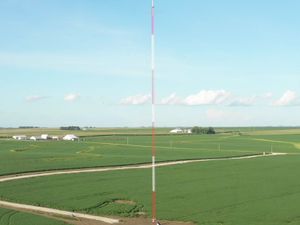New study suggests eating at odd times could damage your skin
Put that midnight snack down.

Eating at strange times might make you more susceptible to the sun’s harmful ultraviolet rays, new research suggests.
Tests conducted on mice by scientists from the universities of Texas, Dallas, and California, Irvine, show that eating at abnormal times disrupts the biological clock of the skin.
The researchers say this is because eating at strange times leads to a decreased activity of an enzyme, known as XPA, that repairs UV damage.
Study author Dr Joseph Takahashi from the University of Texas, Dallas, said: “This finding is surprising. I did not think the skin was paying attention to when we are eating.”

Changing mice’s eating times also altered the gene expression of around 10% of their skin genes.
Researchers haven’t found the answer to why eating at odd times changes XPA levels and add that more studies need to be done to assess the effects of eating habits on human’s XPA levels.
Dr Bogi Andersen from UC Irvine, said: “It’s hard to translate these findings to humans at this point. But it’s fascinating to me that the skin would be sensitive to the timing of food intake.”

“If you have an abnormal eating schedule, that could cause a harmful shift in your skin clock, like it did in the mouse.”
According to Cancer Research UK, overexposure to UV rays is the main cause of skin cancer in the UK, linked to an estimated 86% of malignant melanoma.
The findings are published in the journal Cell Reports.





